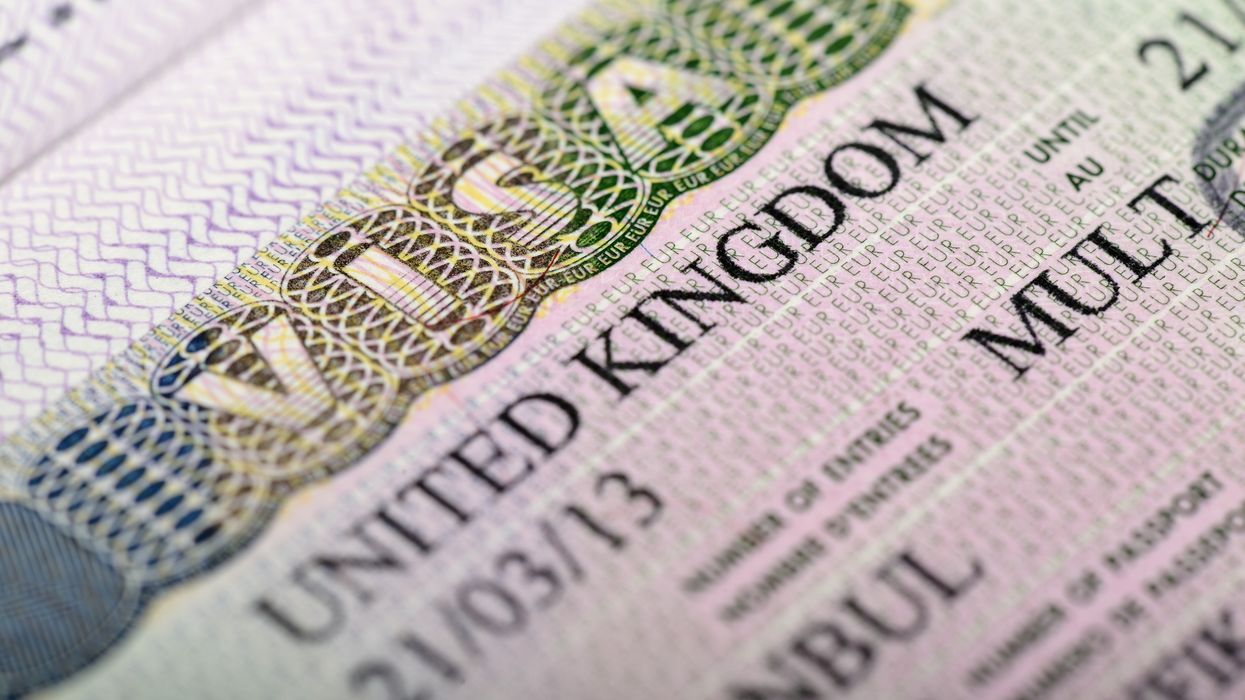THE government last week clarified that only temporary business mobility visas are part of the India-UK Free Trade Agreement (FTA) negotiations.
Other types of visas, such as student visas, will not be included in the trade deal, it was revealed during a debate in the House of Lords.
This clarification followed questions raised by cross-party peers on the current status of the FTA talks, which resumed last month following UK business and trade secretary Jonathan Reynolds’ visit to New Delhi.
In the debate, Lord Sonny Leong, who was speaking in his capacity as government whip in the Lords, provided a response to various issues raised by his colleagues. Leong also touched on his personal connection to India, being married to an Indian wife, Gita, and discussed the significance of the India-UK relationship, including the shared interest in the Premier League and Bollywood films.
On visas, Lord Leong explained the ongoing negotiations focus specifically on business mobility, addressing only the relevant business visas. These, he noted, are limited, temporary, and intended for specific purposes. This approach, he said, also benefits UK exporters, who often rely on business mobility for delivering services abroad.
Peers also sought more information on the timeline for completing the FTA, which has been under negotiation since January 2022, when discussions first began under the Conservative government. Responding to calls for a deadline, Lord Leong reaffirmed the government is keen to reach a deal, but stressed the importance of securing the right agreement for the UK.
“We want to negotiate at pace, but we will prioritise the quality of the deal over its speed,” he said.
The bilateral trade relationship between the UK and India was valued at £41 billion last year, with two-way investment flows supporting approximately 600,000 jobs across both countries. Lord Leong also highlighted the significant opportunity for further growth, noting that one of the primary goals of the trade agreement is to reduce tariffs, especially in areas such as whisky, where Indian tariffs can exceed 100 per cent.
Peers, including Lord Karan Bilimoria, Lord Kuldip Singh Sahota and Baroness Sandy Verma, spoke about the urgency of finalising the FTA, given India’s expected rise as the world’s third-largest economy. Lord Sahota stressed the importance of a swift agreement, stressing that trade is vital for economic growth, job creation, and future opportunities. He urged the government to act quickly to secure the UK’s place in the fastest-growing region in the world.
Lord Bilimoria also advocated for stronger UK ties with India, proposing that the UK should join the Quad alliance – a group comprising India, the US, Japan, and Australia. He argued that the benefits of an FTA would include lower trade costs, greater consumer choice, and better prices.
Baroness Verma called for the appointment of dedicated trade envoys to India to support the government’s diplomatic and trade efforts in the region. “We have envoys in many other countries; it is perplexing why we do not have dedicated envoys for India,” she said, advocating for greater representation and focus on this important bilateral relationship. (See related story on page 17)




